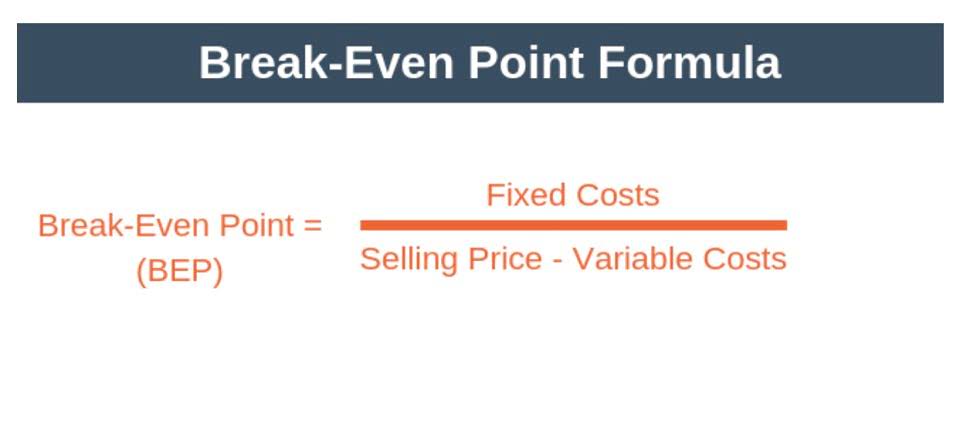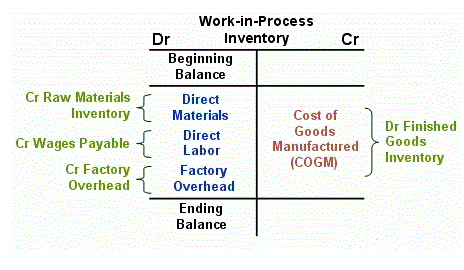
Independent contractors, who are not considered legal employees, are also exempt from overtime law. Other exempt positions include some transportation workers, certain agricultural and farm workers, and some live-in employees such as housekeepers. Most hourly employees in Indiana are entitled to a special overtime pay rate for any hours worked over a total of 40 in a single work week (defined as any seven consecutive work days by the Fair Labor Standards Act). Failure to comply with overtime laws can lead to significant legal and financial consequences for employers. Non-compliance can result in lawsuits, https://daveigacoaching.com/real-estate-bookkeeping-101/ with employees seeking back pay for unpaid overtime.
Understanding Overtime Pay at $19/Hour

Also, the total annual compensation requirement for “highly compensated employees” will increase from the current $107,432 per year to $151,168 per year. An employee is paid a salary of $600/week for a standard 40-hour week but works 50 hours. Because all three tests—Salary Level, Salary Basis, and Duties—must be continuously met, a failure in any one area can jeopardize the exemption for that workweek. The employee must receive their full predetermined salary for any week in which they perform any work, regardless of the number of hours worked or the quality/quantity of work (with limited exceptions). Once established, the workweek remains fixed for that employee or group, regardless of https://www.bookstime.com/articles/ai-in-accounts-payable their scheduled hours.
Minimum-Wage.org Feedback
The purpose of the conference is to determine the validity of the claim, and to see if the claim can be resolved without a hearing. If the claim is not resolved at the conference, the next step usually is to refer the matter to a hearing. Initial action taken regarding the claim can be (i) referral to a conference, (ii) referral to a hearing, or (iii) dismissal of the claim.

Overtime Exemptions Under Federal Law
While collective bargaining agreements cannot waive or reduce FLSA protections, nothing in the FLSA or the Part 541 regulation relieves employers from their contractual obligations under such bargaining agreements. When it comes to holiday pay, there isn’t any federal legislation governing it. Legally, if you work on Saturdays, Sundays, what is overtime for 13 an hour or holidays, you’re not entitled to receive special compensation.
- However, it’s important to note that not all employees are eligible for overtime pay; exemptions often apply based on job roles, salary levels, and the nature of the work.
- The new tax deduction only applies to federally mandated overtime pay.
- Because the Secretary of Treasury and the IRS have yet to provide official guidance, W-2 Forms and other payroll forms, and federal income tax withholding tables will remain unchanged for the 2025 tax year.
- This dynamic nature means payroll systems must be capable of handling these variable inputs correctly.
- Enter the total number of hours you worked within the regular working hours for a day, week, two weeks, or month.
- Your job is classified as an Outside Sales position if your main duties are making sales or taking orders outside of their employer’s main workplace.

Changes are permitted only if intended to be permanent and not designed to evade overtime obligations. Combine it with our Work Hours Calculator or Time Clock Calculator to effortlessly track start/end times and generate total hours worked. Qualifying for overtime has different rules in different states and countries. You can either file a wage claim with the Division of Labor Standards Enforcement (the Labor Commissioner’s Office), or you can file a lawsuit in court against your employer to recover the lost wages. Additionally, if you no longer work for this employer, you can make a claim for the waiting time penalty pursuant to Labor Code Section 203. Your job is classified as an Administrative position if your primary duty is non-manual work related to business operations, management policies, or administrative training.
If you have any problems using our time and a half calculator, please contact us. If all this math is making your head spin, don’t worry – you can use our time and a half calculator to do all the hard work for you. Select Stick or Unstick to stick or unstick the help and tools panel. Selecting “Stick” will keep the panel in view while scrolling the calculator vertically. If you find that annoying, select “Unstick” to keep the panel in a stationary position. Also note that some calculators will reformat to accommodate the screen size as you make the calculator wider or narrower.

Salaried Employees and Overtime
Extra pay for working weekends or nights is a matter of agreement between the employer and the employee (or the employee’s representative). The FLSA does not require extra pay for weekend or night work or double time pay. Where non-cash payments are made to employees in the form of goods or facilities, the reasonable cost to the employer or fair value of such goods or facilities must be included in the regular rate.

Employee Coverage
- External salespeople (who often set their own hours) are also exempted from FE overtime requirements, as are some types of computer-related workers.
- The FLSA does not require overtime pay for work on Saturdays, Sundays, holidays, or regular days of rest, unless overtime hours are worked on such days.
- On a work-week basis, the FLSA requires employers to pay a wage of 1 1/2 times an employee’s normal pay rate after that employee has completed 40 hours of work for workers 16 and over.
- Compensatory time off, or “comp time,” is an alternative to monetary compensation for overtime.
- These issues are common in many organizations due to poor tracking or misunderstandings about pay rules.
Wouldn’t life be easier if employers offered double pay for overtime and holidays? Instead, you’re more likely to find yourself navigating the confusing world of time and a half – that is to say, pay that’s 50% higher than your standard rate. Use our overtime calculator to see how your earnings change with various overtime hours at $13/hour. A common and costly error involves misinterpreting the narrow definition of a “discretionary” bonus. Failing to include such payments leads directly to underpayment of overtime. Employers may use nondiscretionary bonuses and incentive payments (including commissions) to satisfy up to 10% of the standard salary level ($684/week).
